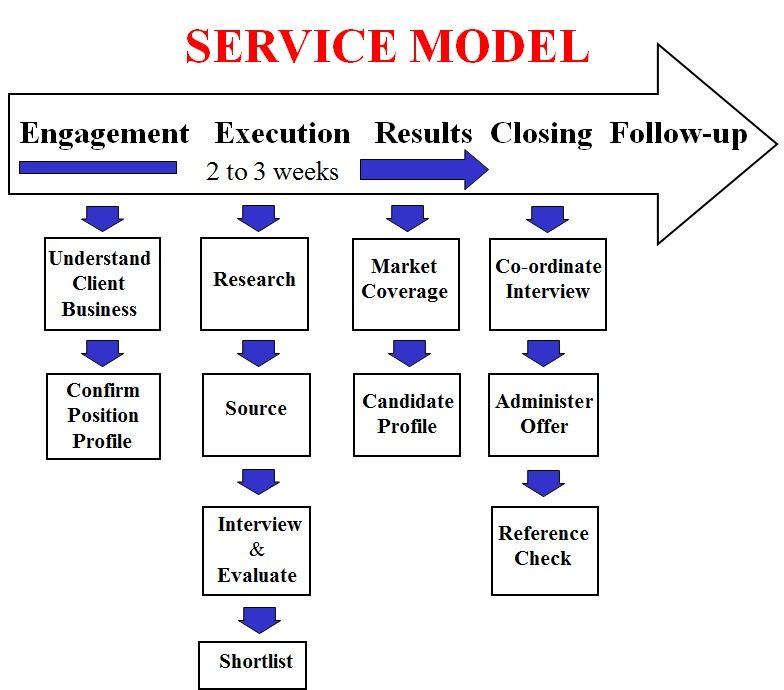High-performance businesses understand the four elements that can turn any kind of work into an energizing play-like activity for all employees.
The moment you set foot in a high-energy workplace you can feel the difference. Employees move faster and smile more. They all seem to be deeply engrossed in something enjoyable—and it is no illusion. In the name of research, I directly asked scores of workers in a variety of high-performance businesses: "Do you find the work you do here enjoyable?"
The work they do may be different, but their answers all sound alike—all use words like "fun" and "satisfying" to describe their jobs. A theme that pops up again and again in their answers has to do with their perception of time. They are constantly kept busy—but amazingly, they cite this as a big plus as time on the job then passes quickly.
This of course represents the very opposite of the traditional clock-watcher image of an employee bored stiff. References to "fun" and "time flying by" are usually associated with pleasant games or pastimes—forms of play, rather than work. To help us understand how some businesses make work feel more like play, we need to review the four elements that make play itself enjoyable.
1. The Element of Challenge
Disgruntled employees often describe their jobs as "boring," "repetitious," and "pointless." But now visit any bowling alley. Each time a bowler manages to knock all the pins down, a mechanical contraption promptly sets them right back up again. Wouldn’t this qualify as one of the most boring, repetitious and pointless human activities ever devised? Yet many bowlers cannot wait to get away from their boring jobs and pay money to take part.
Would bowling be even more fun if the pins were closer, and therefore easier
 to knock down?
to knock down?Everyone understands that it's precisely the challenge of attempting something difficult that gives structured play activities—such as bowling, golf, billiards, etc.—their basic appeal. And a particularly stimulating challenge theme in many children's games—like paddle-ball, hot potato and others—are often based on a "keep the kettle boiling" theme.
In businesses, the challenge is to keep the lines moving through the store, keep the cars flowing through the drive-through, keep the shelves stocked with fresh product. The whole operation is one big keep-the-kettle-boiling game from opening to closing, and the workers love the challenge.
Culture Shift Opportunity: Do the workers in your businesses feel they're engaged in a challengingly difficult shared objective?
2. A Clear Set of Rules
In play activities, the rules by which the game can and cannot be played are clearly understood by all the players. In most workplaces, the rules are vague and keep changing. But in high-energy businesses, employees are all aligned toward a single challenging objective: delighting every customer every time. Everyone understands the rules—for example, you must do nothing to harm the organization in any way while you strive to deliver a delightful customer experience.
Culture Shift Opportunity: Do your employees have clear rules, core values, or other guidelines that spell out what is and isn't allowed during the pursuit of their shared objective?
3. A Scoring Mechanism for Immediate Feedback
 All play activities allow participants to track how well they and the other players are doing at all times. Would these activities be as enjoyable if this form of immediate feedback were removed? How much fun would golf be, for example, if the players could not see the cup, and had the results mailed to them at home weeks afterward?
All play activities allow participants to track how well they and the other players are doing at all times. Would these activities be as enjoyable if this form of immediate feedback were removed? How much fun would golf be, for example, if the players could not see the cup, and had the results mailed to them at home weeks afterward?In many business settings, if workers receive positive feedback about their work at all, it's only during formal "performance review" meetings—too late to have much impact. Contrast this with workplaces focused on customer delight, where employees receive immediate feedback every day in the form of appreciative comments from happy customers, generous tips, and the cheerful return of "regulars." Their work earns these employees a succession of "high scores" that keep them motivated.
Culture Shift Opportunity: Does your staff get to receive positive feedback on a regular and timely basis—whether from managers or customers?
4. The Satisfaction of Winning
In football, the lively reaction each time a player scores a touchdown makes it clear the accomplishment is extremely satisfying.
When energized businesses "score" (i.e., when the feedback makes it clear they're delivering a delightful experience and attracting business away from competitors), their satisfaction can be as great as that experienced by players in any structured game.Culture Shift Opportunity: Instead of looking for ways to change workers so they'll be more motivated on the job, look for ways to change the job to make it more motivational for workers.






No comments:
Post a Comment